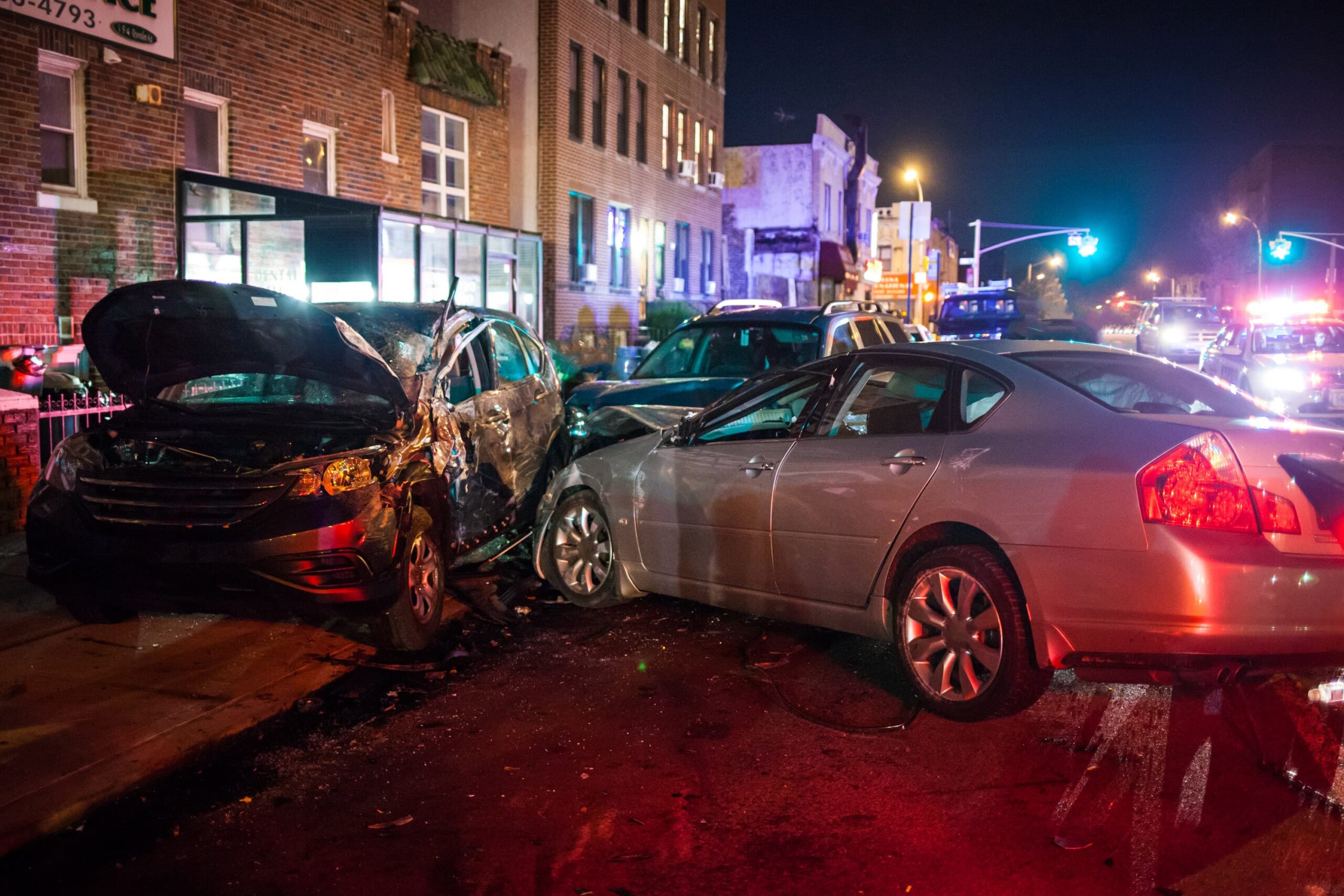What to know about bad faith insurance actions
Colorado ranks second only to Texas for the number of insurance claims filed due to hail strikes on homes, property and cars over the past three years, according to the National Insurance Crime Bureau. In Colorado, hail-related insurance claims numbered 182,591 between 2013 and 2015, accounting for 9 percent of the U.S. total, even though the state only accounts for 1.7 percent of the country’s population.
“As soon as it warms up, we are headed into our peak storm season,” warned Carole Walker, executive director for the Rocky Mountain Insurance Information Association (RMIIA). Walker says homeowners should be prepared for any potential storm damage, which includes becoming familiar with your insurance coverage. “That means taking a look at that policy and know what your insurance covers and what it doesn’t,” says Walker.
Colorado’s damaging hail season normally runs from mid-April to mid-August. Colorado’s Front Range is located in the heart of “Hail Alley,” which receives the highest frequency of large hail in North America and most of the world, so residents usually can count on three or four catastrophic (defined as at least $25 million in insured damage) hailstorms every year. According to the RMIIA, in the last 10 years, hailstorms have caused more than $3 billion in insured damage in Colorado. As a result, up to one-half of your homeowners insurance premium may be going toward hail and wind damage costs.
If your home was damaged by hail, you are likely covered by your homeowners policy. If your home insurance claim has been denied, you probably learned about the denial in a letter you received from the homeowners insurance adjuster assigned to the claim. The letter will explain the reason your home insurance claim has been denied, and reference the portion of your policy that supports the company’s decision. If the letter does not fully explain why your home insurance claim is denied, or you dispute the claim denial, clarify the reason with your adjuster. There are cases where the reason for a denied homeowners insurance claim are clear, however, there are many times where the decision is not so black and white, and you want to make sure the insurance company is honoring your policy.
When you file an insurance claim with your insurance company, by law, that company owes you a duty to act in good faith. Simply put, this means that the insurance company must not look for ways to escape its obligation to investigate the claim or to pay you. Doing so would constitute “bad faith” and claims or lawsuits based on bad faith may stem from one or more of a number of actions, or inactions, by the insurance company from denial of coverage to failure to negotiate a fair settlement. While insurance companies are always looking to save money, a denial of a claim based on bad faith practices is an entirely different matter and is prohibited under Colorado law.
If you believe an insurer acted in bad faith, you may be entitled to compensation. Contact an experienced Colorado bad faith lawyer who can review your case and help you recover the insurance benefits owed to you.






